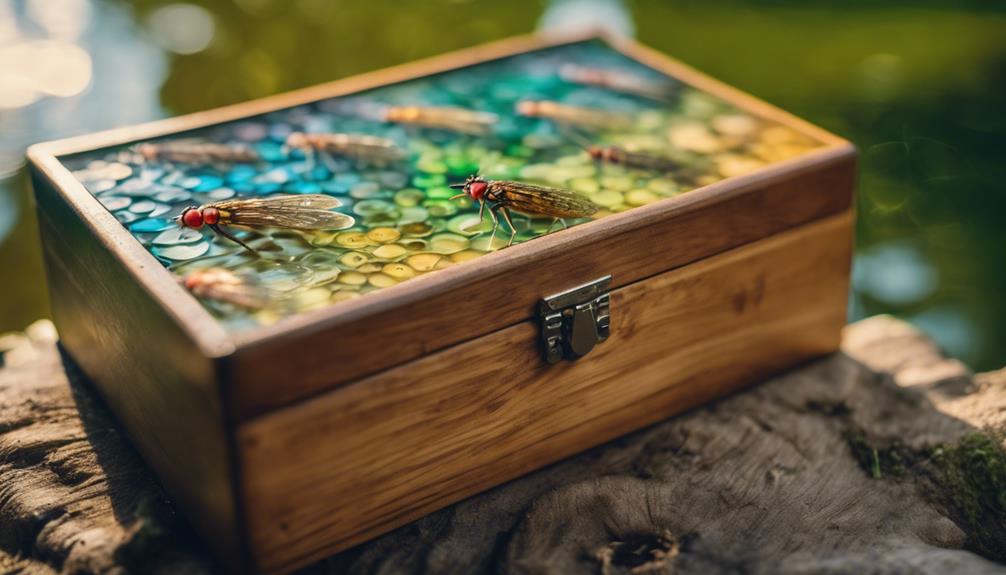Fishing is a beloved pastime for millions around the world, offering a unique blend of relaxation, adventure, and the chance to connect with nature. However, before you cast your line, it’s essential to understand the concept of a fishing license. In this comprehensive guide, we will explore what a fishing license is, why it is necessary, the different types available, and how to obtain one.
Understanding the Basics: What is a Fishing License?
A fishing license is a legal document that grants individuals permission to fish in specific bodies of water, ranging from lakes and rivers to oceans. It serves as a regulatory measure implemented by state and national authorities to manage fish populations and ensure sustainable fishing practices. By requiring a fishing license, these authorities can monitor fishing activities, protect natural resources, and promote conservation efforts. In essence, a fishing license is not just a piece of paper; it is a commitment to responsible fishing and environmental stewardship.
The Importance of Having a Fishing License
Obtaining a fishing license is crucial for several reasons. First and foremost, it helps protect aquatic ecosystems by regulating fishing practices. Without licenses, overfishing could lead to the depletion of certain fish species, disrupting the balance of the ecosystem. Additionally, fishing licenses contribute to conservation programs, funding initiatives aimed at preserving natural habitats and enhancing fish populations. Lastly, fishing without a license can result in hefty fines and legal troubles, making it imperative for anglers to comply with local regulations.
Types of Fishing Licenses: What You Need to Know
There are various types of fishing licenses available, each tailored to different fishing environments and activities. Generally, these include:
1. Freshwater Fishing License: Required for fishing in rivers, lakes, and ponds.
2. Saltwater Fishing License: Necessary for fishing in ocean waters and coastal areas.
3. Combination License: A comprehensive option that allows fishing in both freshwater and saltwater.
4. Special Permits: Some areas may require additional permits for specific types of fishing, such as trout fishing or fishing in designated conservation zones.
It’s essential to check local regulations to determine which license is appropriate for your fishing activities.
How to Obtain a Fishing License
Getting a fishing license is typically a straightforward process. Most states allow anglers to apply online through their wildlife or natural resources department website. Alternatively, licenses can often be purchased in person at designated locations such as sporting goods stores, bait shops, or local government offices. When applying for a fishing license, you may need to provide personal information, proof of residency, and in some cases, pass a fishing education course. Fees for fishing licenses vary depending on the type and duration, ranging from daily passes to annual licenses.
Fishing License Fees: What You Should Consider
Fishing license fees vary widely based on location, type of license, and the age of the applicant. For instance, many states offer discounted rates for senior citizens, children, and disabled individuals. Additionally, some states may provide free fishing days, where residents can fish without a license for a limited time. It’s important to research your local regulations to understand the costs associated with obtaining a fishing license and any potential discounts available.
Consequences of Fishing Without a License
Fishing without a valid license can lead to significant consequences, including hefty fines, confiscation of fishing gear, and even criminal charges in severe cases. Law enforcement agencies actively patrol fishing areas to ensure compliance with licensing regulations. As a responsible angler, it is essential to understand and abide by the laws in your area to avoid legal repercussions and contribute positively to the fishing community.
Fishing License Regulations: State-by-State Variations
Fishing license regulations can vary significantly from state to state. Some states may have specific rules regarding fishing seasons, catch limits, and restricted areas, while others may impose different licensing requirements for residents versus non-residents. It is crucial for anglers to familiarize themselves with the regulations in the area where they plan to fish. Most state wildlife agencies provide comprehensive resources online, making it easier to stay informed about any changes in fishing laws.
Conclusion: The Role of Fishing Licenses in Conservation Efforts
In conclusion, a fishing license is more than just a requirement; it is a vital tool for ensuring the sustainability of our aquatic ecosystems. By obtaining a fishing license, you are actively participating in conservation efforts that protect fish populations and their habitats. As you prepare for your next fishing trip, remember the importance of responsible fishing practices and the role that fishing licenses play in preserving our natural resources. Whether you are a seasoned angler or a novice, understanding what a fishing license entails will enhance your fishing experience and contribute to the health of our waters.
Final Thoughts
In summary, knowing what a fishing license is and understanding its implications is crucial for anyone interested in fishing. By securing your license, you not only comply with legal requirements but also become a steward of the environment. So gear up, get your fishing license, and enjoy the great outdoors while contributing to conservation efforts. Happy fishing!
